
The Dien Bien Phu victory was an important milestone in Vietnamese history, not only helping Vietnam escape from the oppression of French colonialism but also opening the way for independence for the Indochina region and the colonies in Africa. The situation in Vietnam at that time was closely followed by the press of countries around the world, including the Ukrainian press.
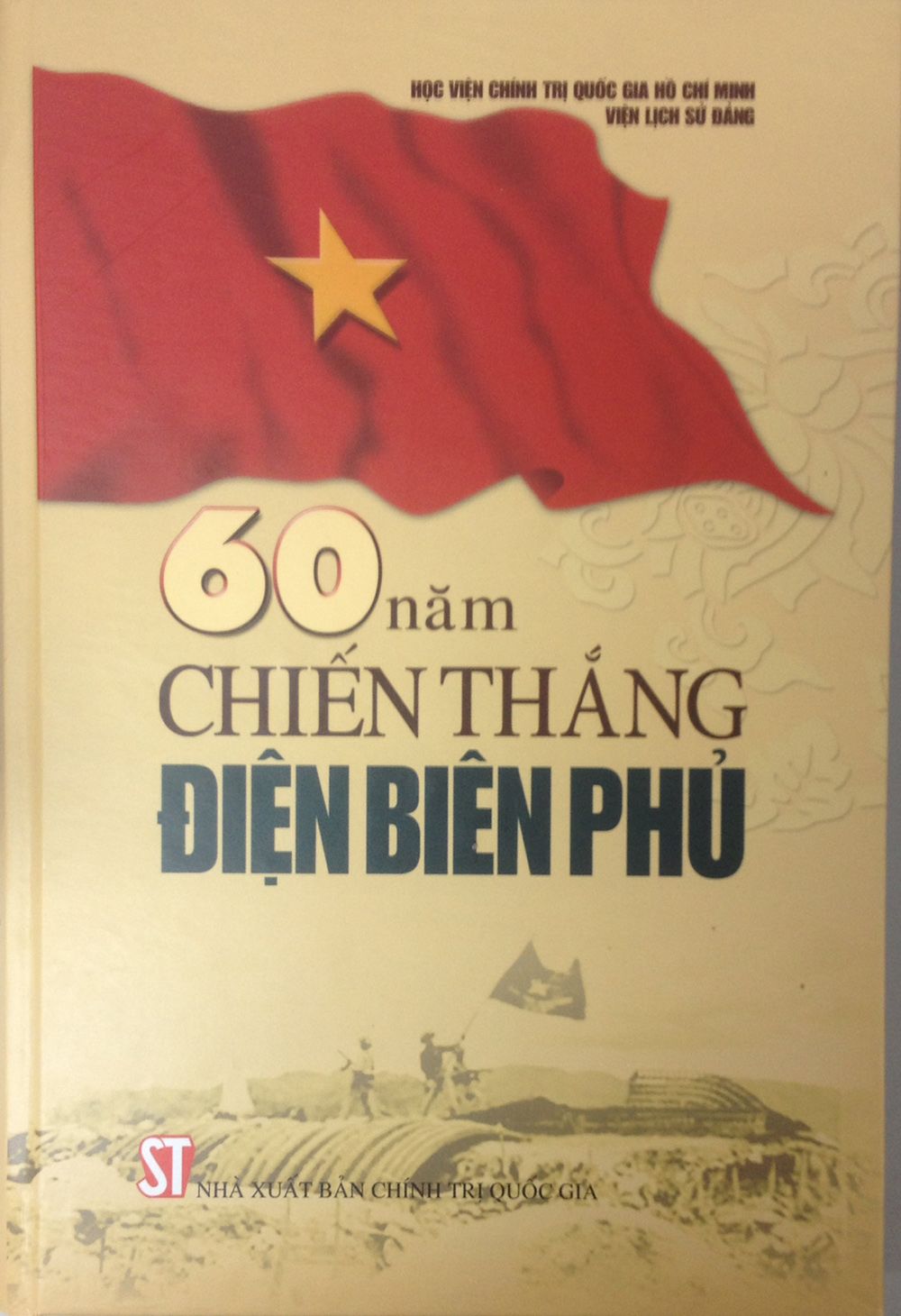
Cover of the book 60 years of Dien Bien Phu Victory.
The press plays a very important role in social life, not only reflecting political, social and cultural processes but also being an important factor in creating public opinion. Considering the Ukrainian press in the 1950s, the mass media also had the function of ideological training, so even international news was reflected through analysis from the ideological perspective and the Party's line.
According to the opinion of Dr. Musiychuk Victoria of the Institute of Oriental Studies, Academy of Sciences of Ukraine in the book 60 years of Dien Bien Phu Victory , at that time Ukraine was a Republic of the former Soviet Union and the Ukrainian press was considered the central press of the Soviet Union. However, the appearance of international news on local newspapers and magazines proves that the flow of information was really paid attention by public opinion.
Before the Vietnam People's Army began to deploy the Dien Bien Phu Campaign, there was not much news about Vietnam in the Ukrainian press at that time. But starting with the issues published between April and July 1954 in Ukraine, news about Vietnam was published more frequently, mainly about Vietnam's preparations for the Dien Bien Phu Victory and articles assessing the situation after the victory.
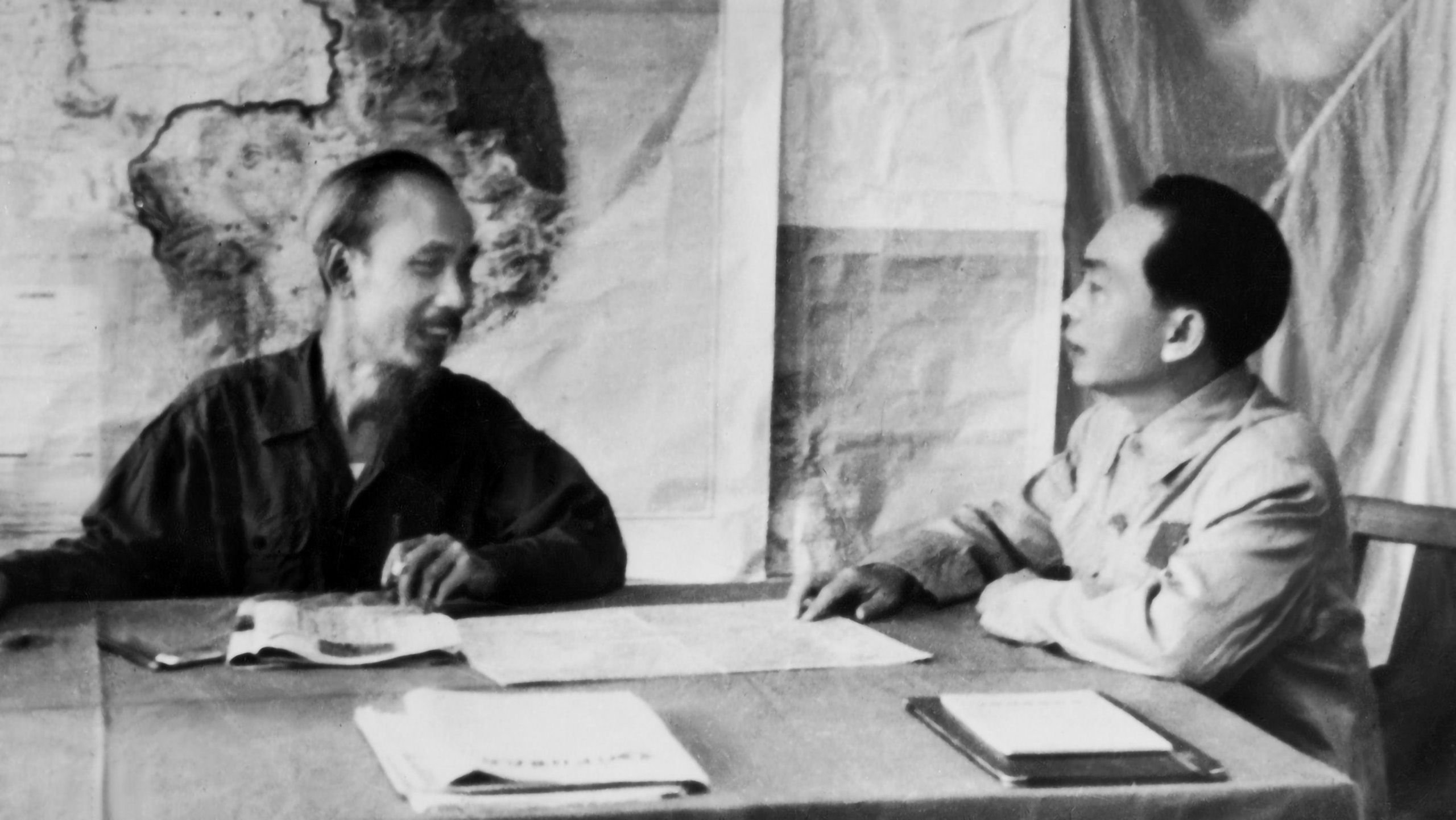
On behalf of the Party Central Committee and the Government, President Ho Chi Minh directly assigned General Vo Nguyen Giap to study the combat plan and launch the Dien Bien Phu Campaign. (Photo: VNA)
PTS. Musiychuk Victoria recalled that the Soviet Union was in a state of Cold War with the United States at that time, so the situation in Vietnam was of particular concern after the United States began to intervene in the war in Indochina. The Soviet Union established diplomatic relations with the Democratic Republic of Vietnam in 1950, but by 1954 there was still no permanent news agency in Vietnam, so news about this Southeast Asian country was often transmitted from China, England, France (the source of information was clearly stated in each article, international news). Therefore, most information about Vietnam published in Ukrainian newspapers was often delayed by several days.
Due to the lack of their own reporters, newspapers also reprinted translated documents from foreign newspapers. For example, printing summaries of books by British journalists about French colonialism and American intervention, about the development of the Democratic Republic of Vietnam and the popularity of President Ho Chi Minh; interviews with President Ho Chi Minh by the Indonesian news agency Antara ; retelling articles by the Chinese newspaper Guan ming ri bao, etc.
Politically, the most attention-grabbing information in the Ukrainian press was about the Geneva talks and the issues discussed there. Before the conference, Ukrainian newspapers printed essays on the world situation and the prospects for urgent issues, including the Vietnamese issue. The core of the articles was to point out the active intervention of the United States in the war in Indochina. The meeting of foreign ministers in Geneva was presented in great detail, almost day by day. Along with that were commentaries on the determination of the Vietnamese side and the support of the Soviet Union at the conference.
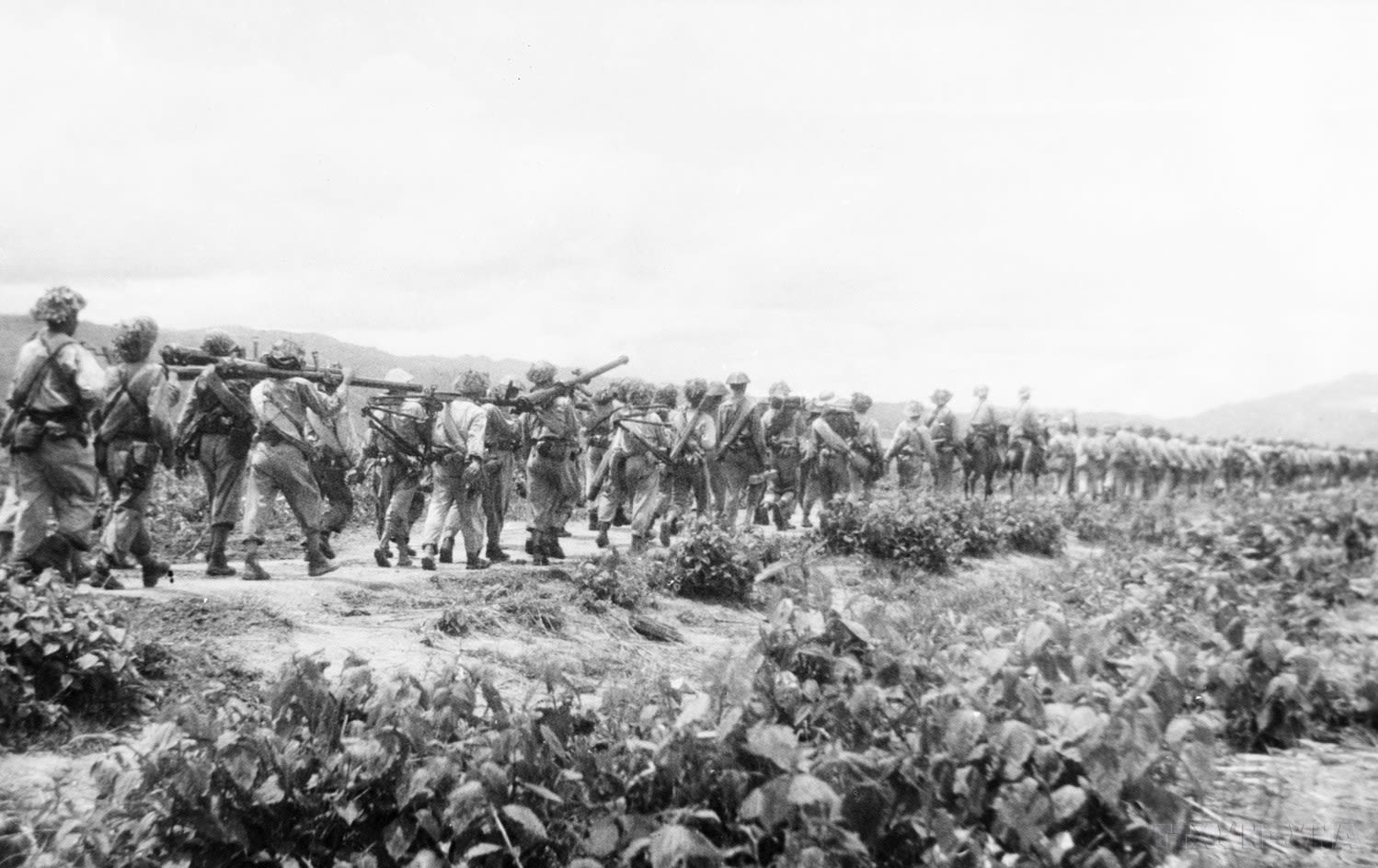
Our army units crossed forests and waded through streams to enter Dien Bien Phu. (Photo: VNA)
Ukrainian readers only know indirectly about Vietnamese social life at that time through articles translated from foreign languages such as those by British journalists or articles from Chinese newspapers mentioned above. About the Vietnamese character and social mood, they can learn through news about the Vietnamese people wanting to return French prisoners of war to their country. Ukrainian readers also know that the Vietnamese people not only focus on the military but also on labor.
In terms of military, among the articles about Vietnam, the number of news mentioning military topics accounts for the majority (about 48%). In which, a part is the Communiqués of the General Command of the National Army and the Vietnamese Militia, which provide statistics on the number of troops, human and weapon losses of Vietnam and the enemy. That helps readers follow the progress and developments on the Vietnam battlefield quite accurately.
Details of the Dien Bien Phu victory are described as follows: On the night of May 7, the Vietnam People's Army launched a general offensive. The battle lasted 24 hours. By 5:00 p.m. on May 7, the Muong Thanh base was defeated, and by 10:00 p.m., the Hong Cum area was destroyed. The French military force destroyed in the Dien Bien Phu campaign was 17 battalions and 57 aircraft.
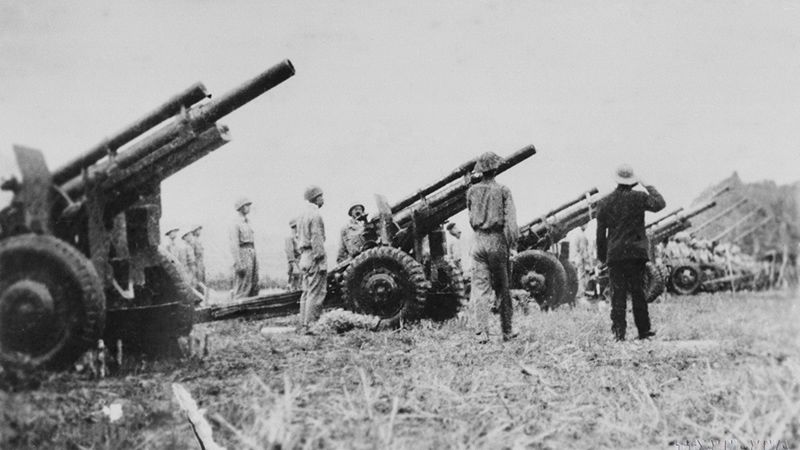
General Vo Nguyen Giap reviews units participating in the Dien Bien Phu Campaign right at the front. (Photo: VNA)
Not only domestic newspapers but also Ukrainian newspapers published abroad reported on the war in Indochina and the Dien Bien Phu campaign. Notable among them were two Ukrainian weekly newspapers in France, L' Ukrainien and La parole Ukrainienne, published in Paris.
The Ukrainian Spokesperson’s newspaper published an article entitled “Indochina and Ukraine”, in which the author compared the struggle for independence of the two peoples, Vietnam and Ukraine, both oppressed by the great powers; recounted the Vietnamese people’s struggle for independence and freedom and positively evaluated the role of President Ho Chi Minh in that resistance. President Ho Chi Minh was considered a true patriotic leader who always thought of his people.
In addition to news reports in newspapers, impressions of Vietnam at that time were also left in cinematographic works. The documentary Vietnam was the first joint Soviet-Vietnamese film. The director of this film, Roman Karmen, was born in Ukraine (Odessa city). He was the first Soviet filmmaker to come to Vietnam. The Soviet director team, in collaboration with the Vietnamese filmmaker team, filmed this film in Vietnam for 8 months, starting in May 1954. The film was released to audiences in early 1955. The film summarizes the historical resistance war against the French of the Vietnamese people, including valuable documents about the Dien Bien Phu Campaign, about the liberation of the capital Hanoi, about President Ho Chi Minh, Colonel Christian de Castries, about the heroic Vietnamese people fighting on the battlefield and working hard in the rear.
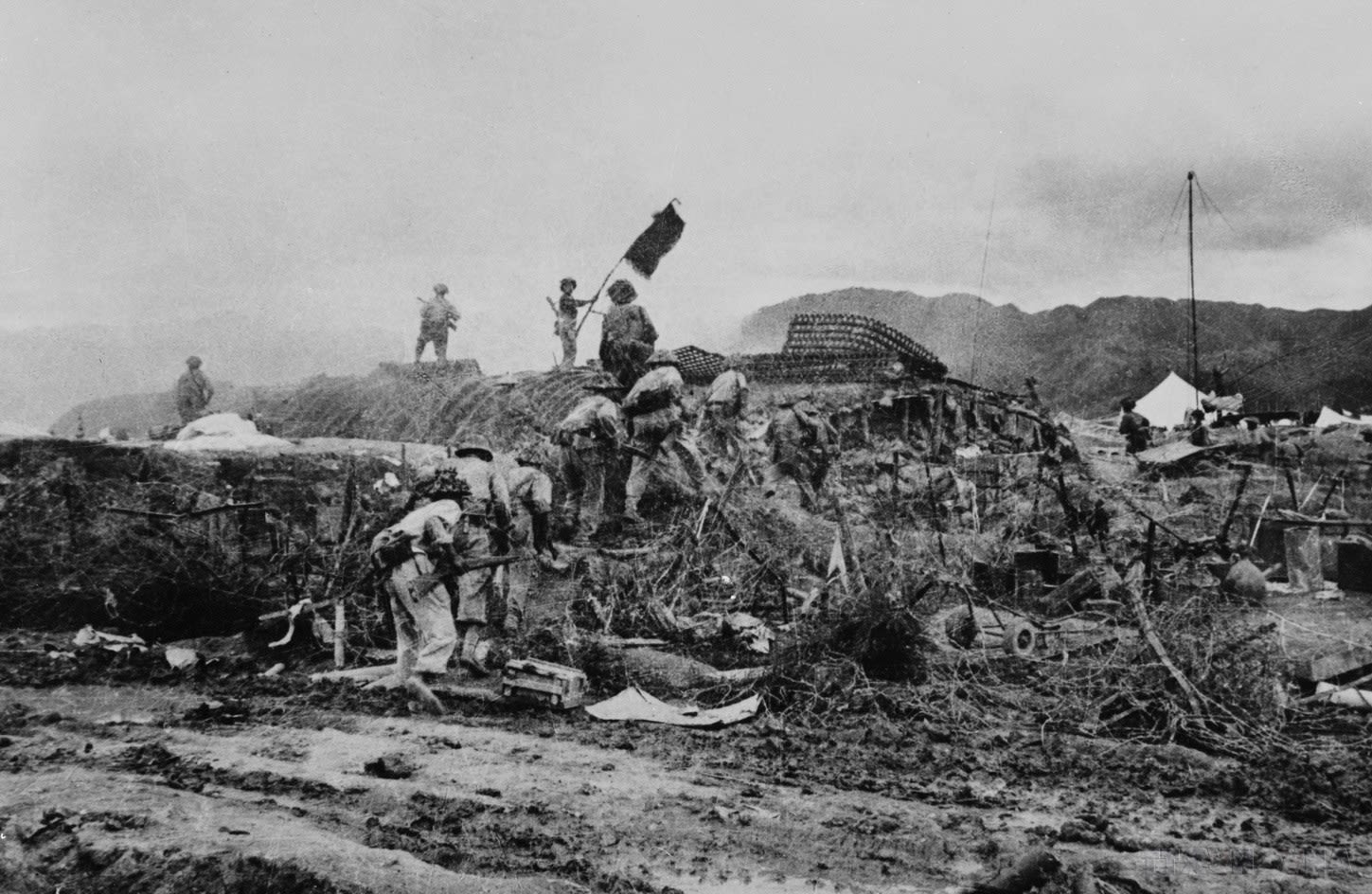
On May 7, 1954, the entire enemy stronghold in Dien Bien Phu was destroyed by our army, the "Determination to fight and victory" flag was flying on the roof of General De Castries' bunker. (Photo: VNA)
It can be seen that the situation in Vietnam during the Dien Bien Phu Campaign was reported in Ukrainian mass media in many different forms, such as news reports, commentaries, interviews, documentaries, humorous articles or cartoons.
After the Dien Bien Phu milestone, the Vietnam-Soviet relationship grew stronger and stronger, news about Vietnam became more widely known and current news sources about the Southeast Asian country expanded. Later, the Ukrainian press also wrote more about Vietnam. The Literature newspaper and the Universe magazine published Vietnamese literary works translated into Ukrainian (Thach Lam - 1958, To Hoai - 1959 and later). Notably, the Dien Bien Phu Victory event was not forgotten.
In 1985, Hoan Vu magazine published an article “30 years after Dien Bien Phu” about the changes in Vietnamese people’s lives after this great victory. The author reported on the process of restoring the territory near Dien Bien to make it habitable: clearing mines, establishing cooperatives, living together between the army and farmers, the Kinh and ethnic minorities, building airports, stadiums, cinemas, and hotels. Dien Bien Phu was not only a decisive battle but also a source of inspiration for many artists, as well as for many historians to conduct comprehensive research in Vietnam and abroad.
Content: HUY VU (compiled) Presented by: NHA NAM
Nhandan.vn






![[UPDATE] April 30th parade rehearsal on Le Duan street in front of Independence Palace](https://vstatic.vietnam.vn/vietnam/resource/IMAGE/2025/4/18/8f2604c6bc5648d4b918bd6867d08396)
![[Photo] Prime Minister Pham Minh Chinh receives Mr. Jefferey Perlman, CEO of Warburg Pincus Group (USA)](https://vstatic.vietnam.vn/vietnam/resource/IMAGE/2025/4/18/c37781eeb50342f09d8fe6841db2426c)
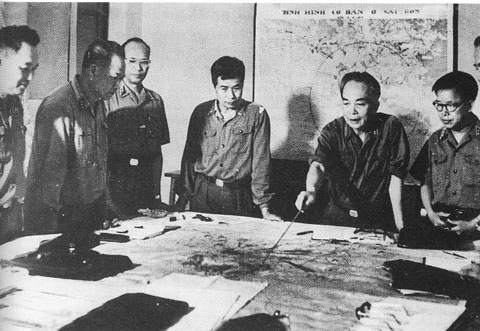

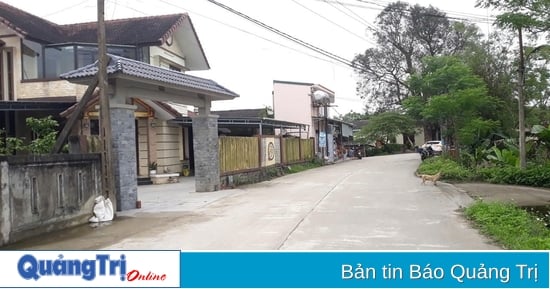

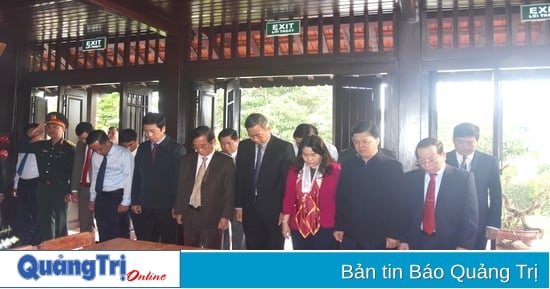

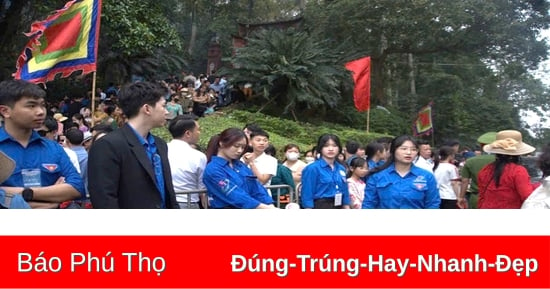
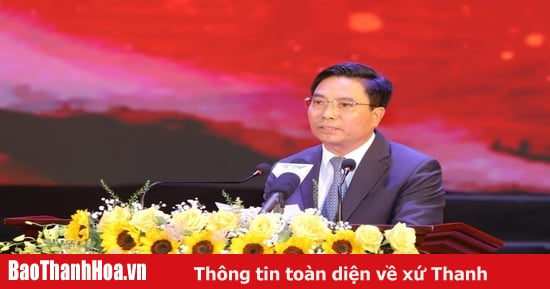
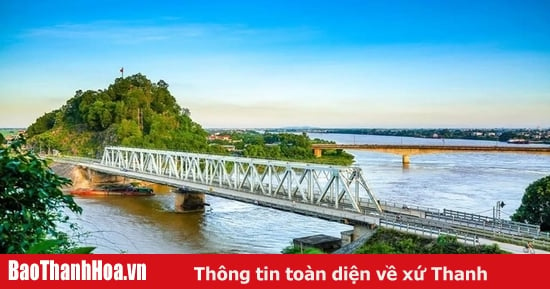

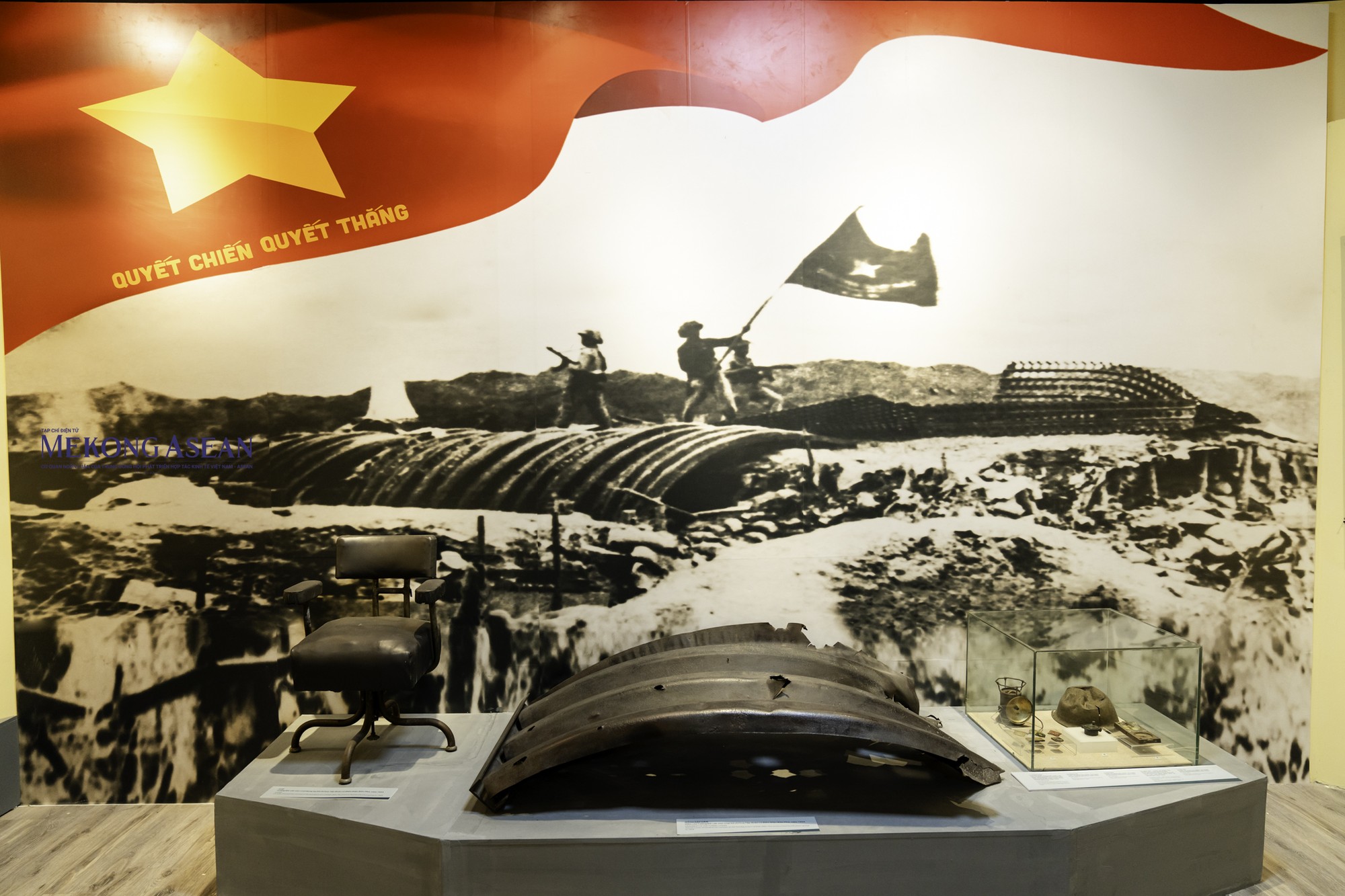
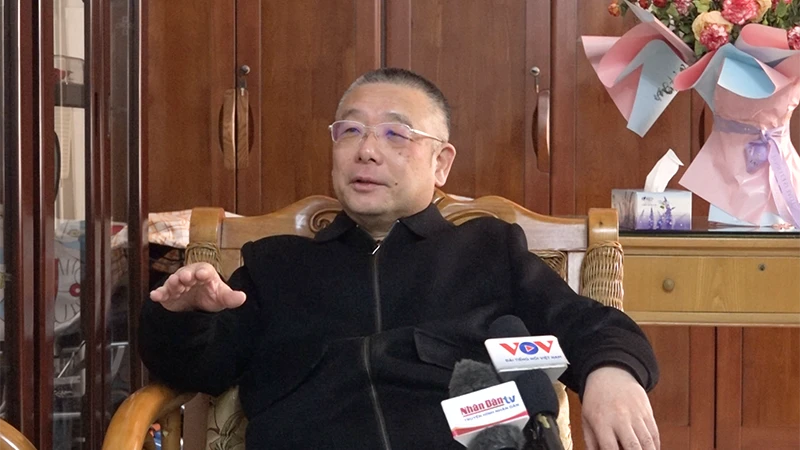




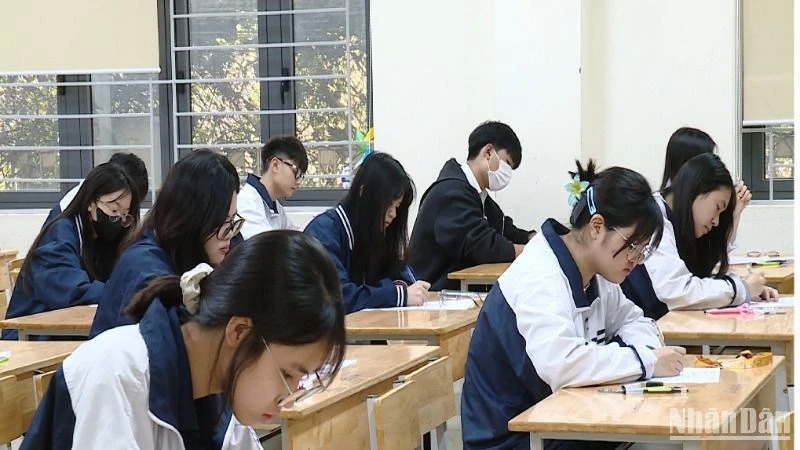
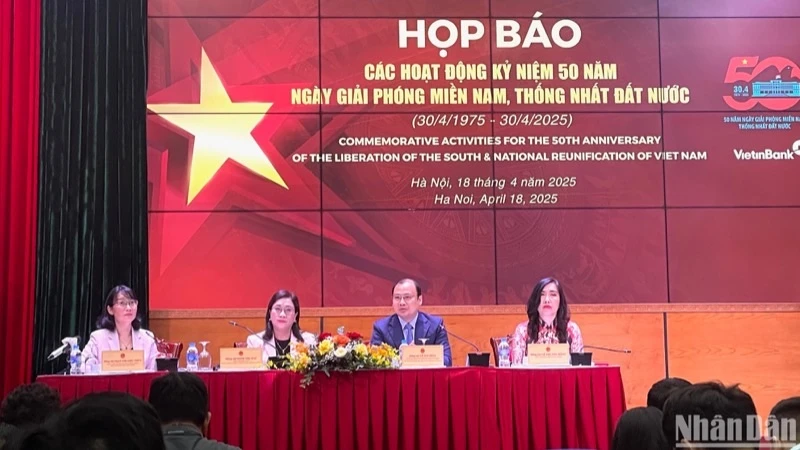
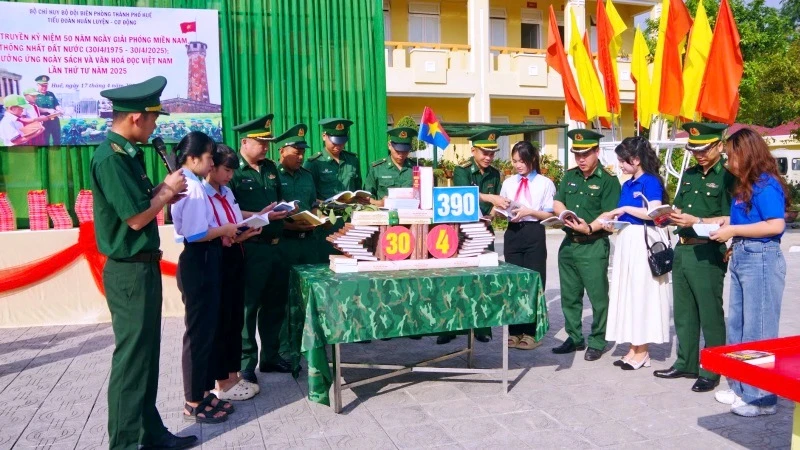
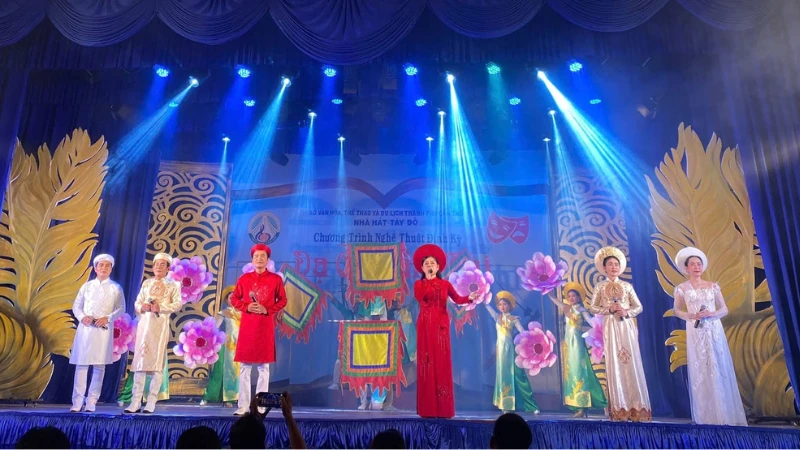
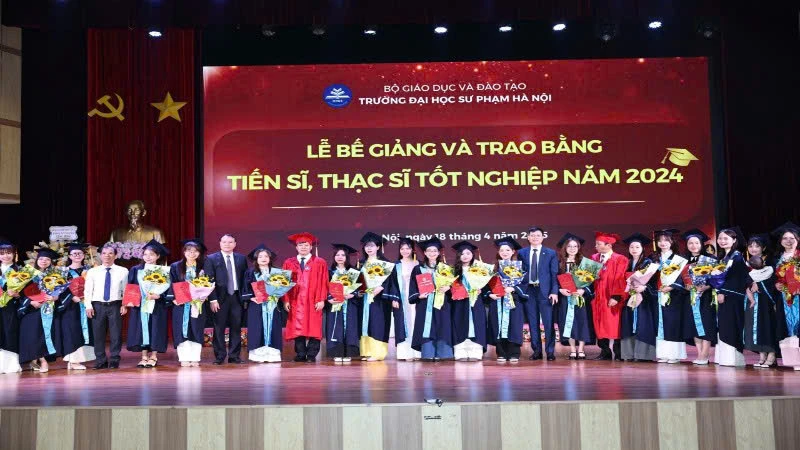
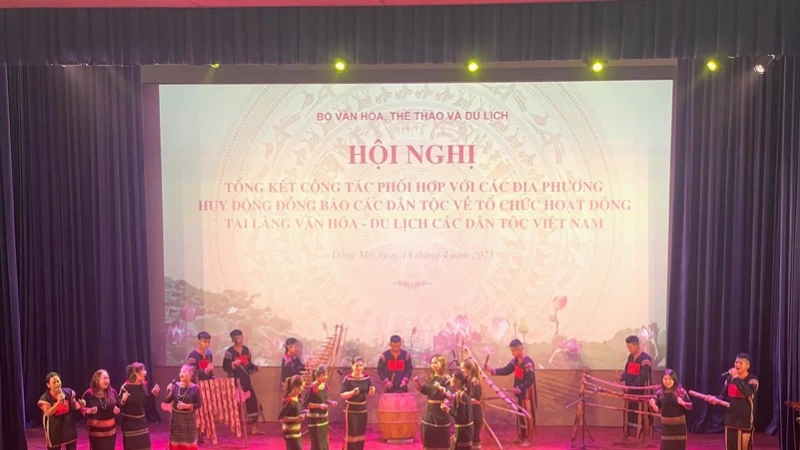
































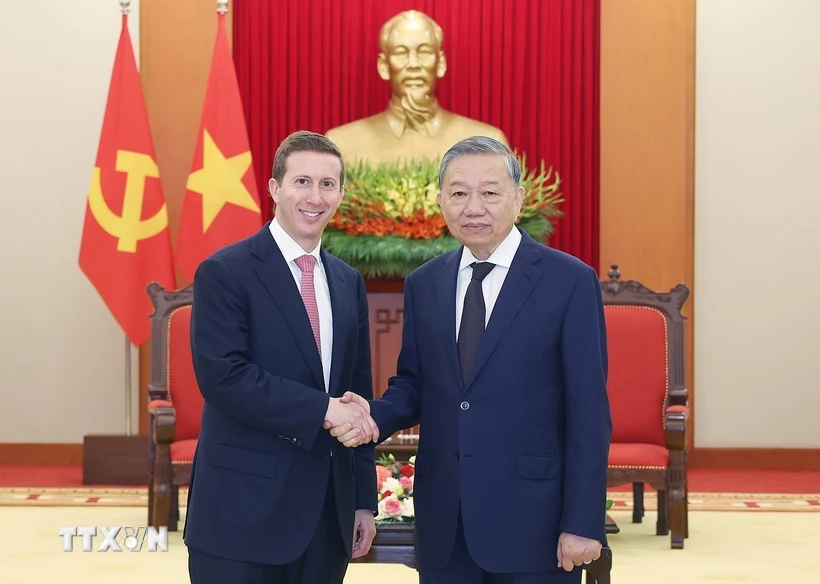









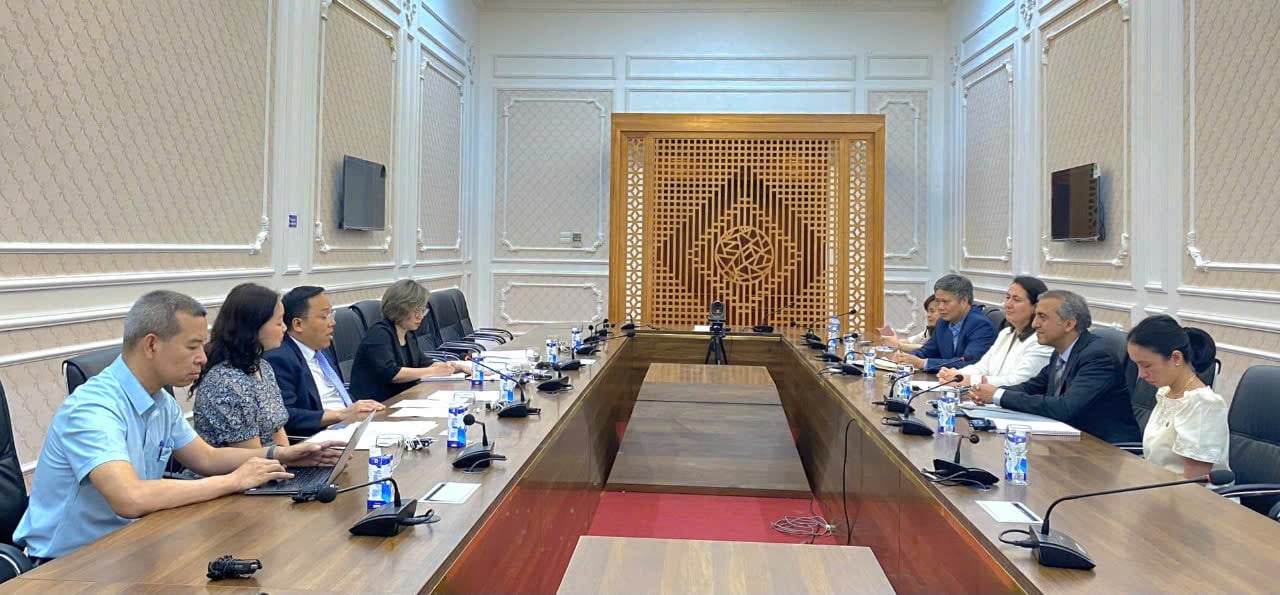

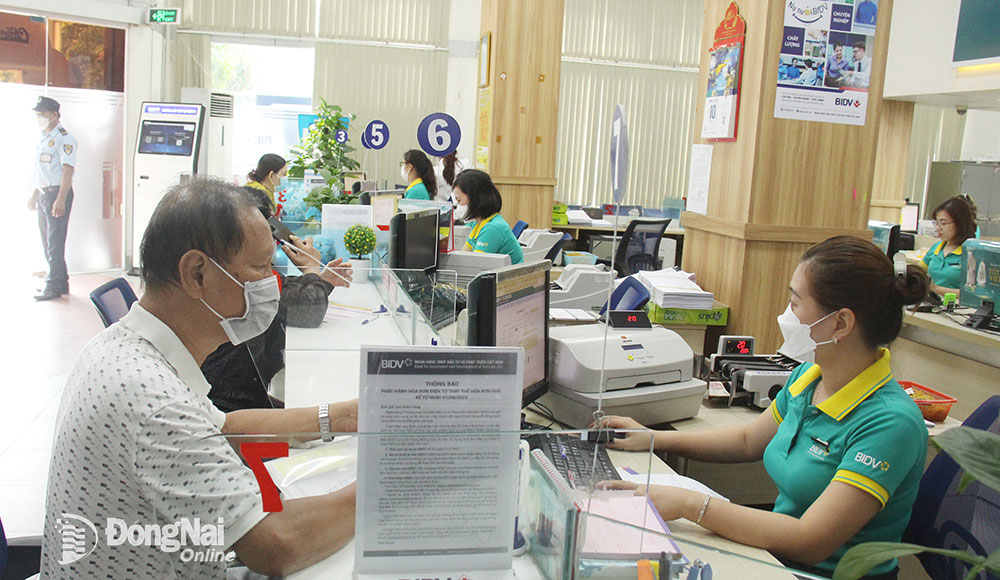

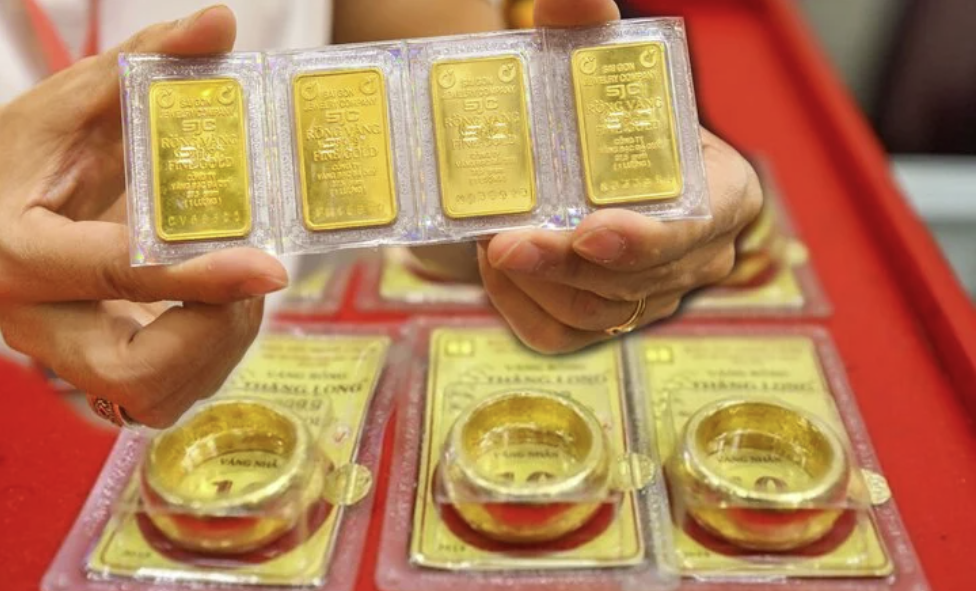
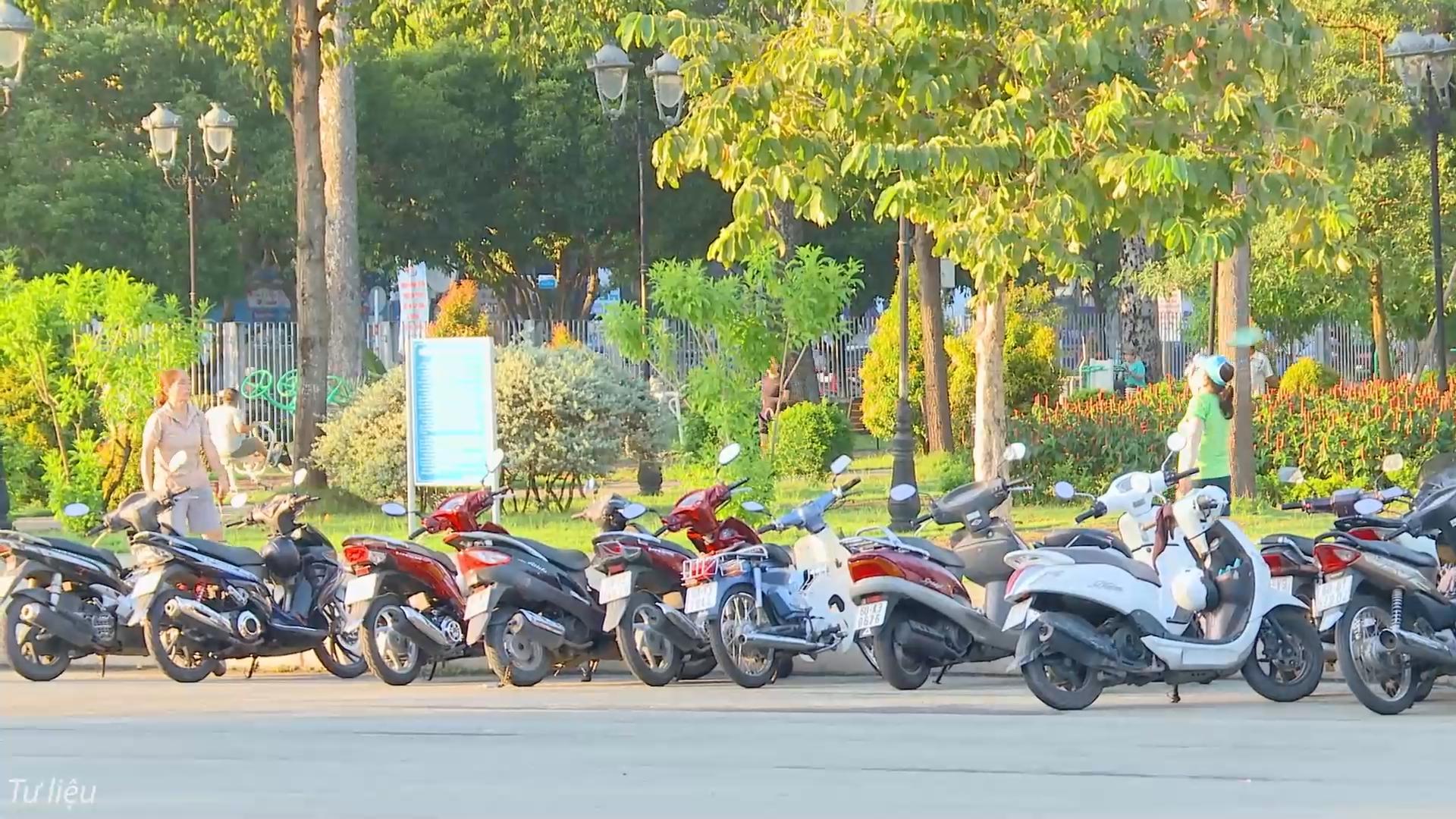
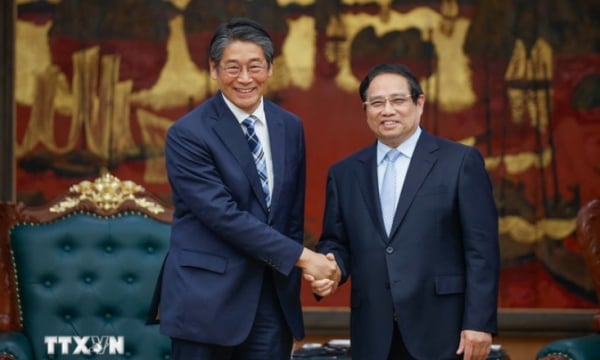
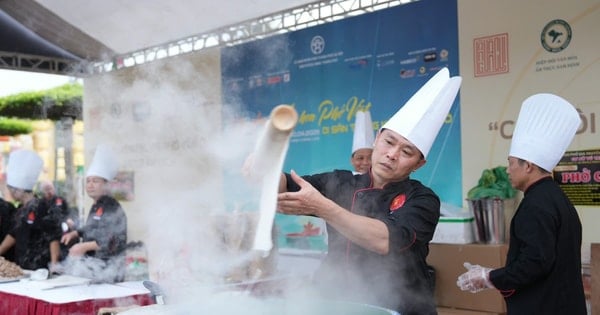

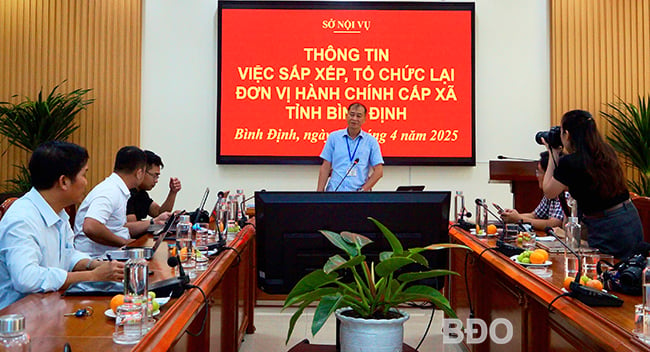










Comment (0)